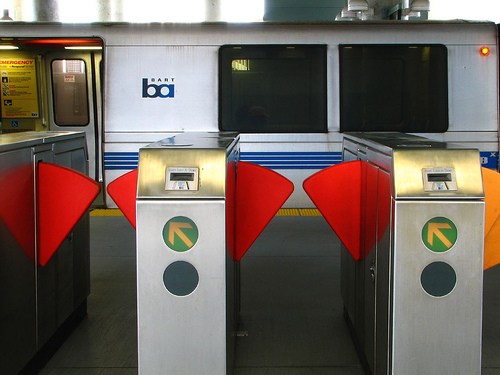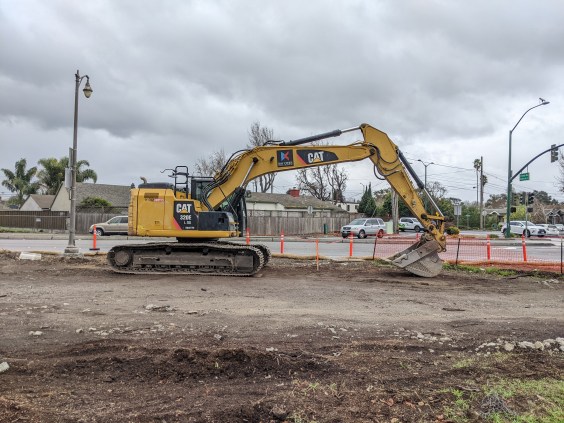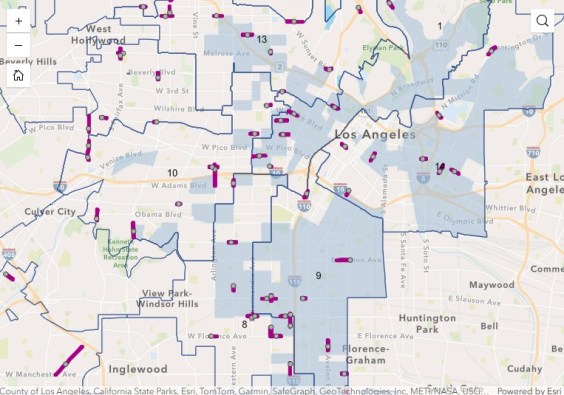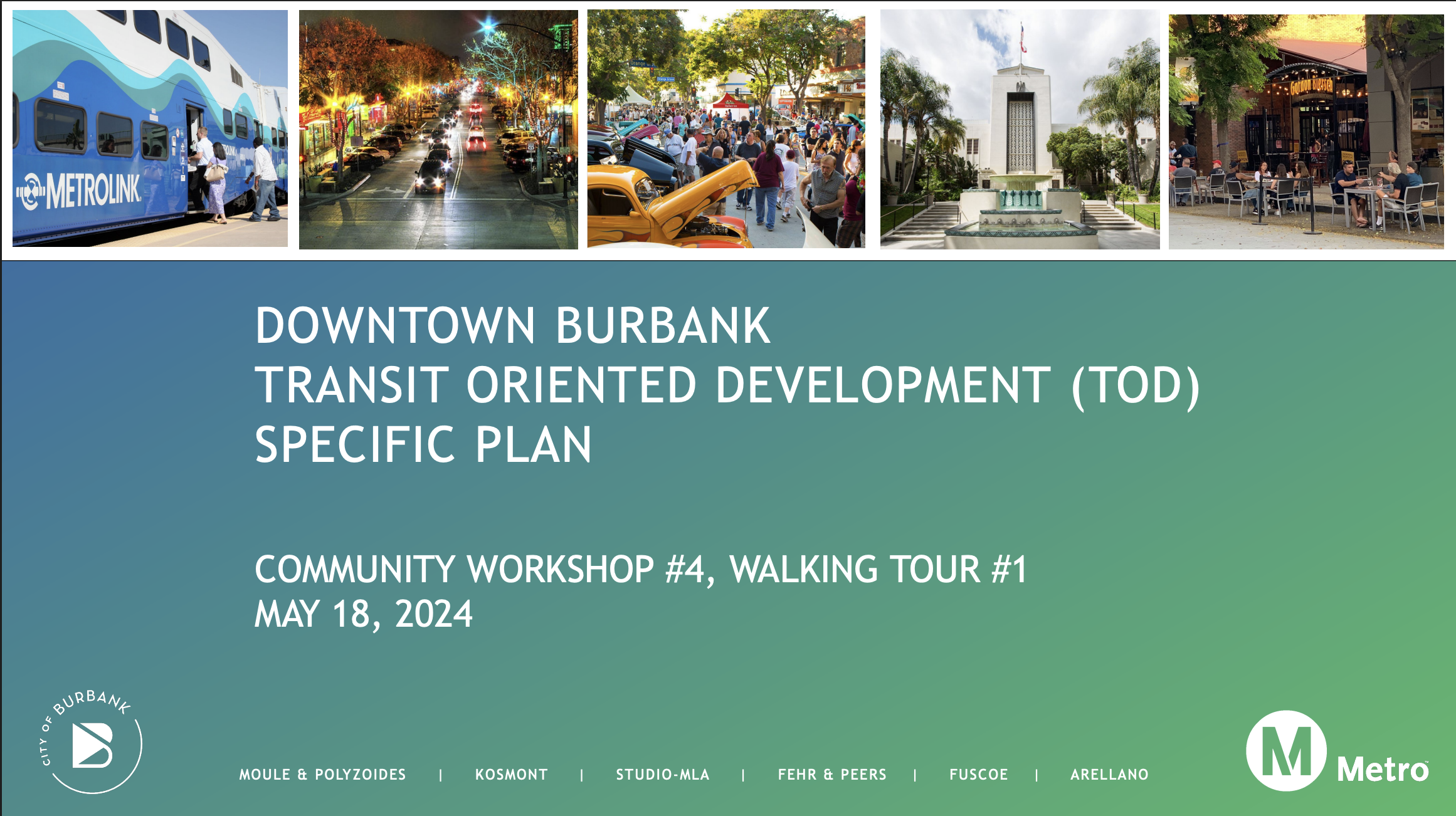From nine to nearly noon today, at BART headquarters in Oakland, the agency's Board of Directors and staff had an impassioned discussion about raising fares and parking fees to close projected budget deficits. "Across the country, ridership is down, from four to five percent for rail, and ten percent for buses," explained Grace Crunican, BART's General Manager. "Gas prices are very low and ride shares may be having our lunch."
Crunican, along with her staff, presented a breakdown of strategies, including fare increases, aimed at closing a projected budget deficit of $35 million. She wanted the BART Board to narrow down options for the staff to study and present to the public. "It's important... to do this together and find a cohesive center," she said. She also hoped that the board would compromise on small cuts in various areas.
If that was her goal, she didn't meet it. "I won't vote for a parking charge increase," said District 2 Director Joel Keller of Contra Costa--unless it's tied to a fare increase, he added. Keller took exception to San Francisco and Oakland-based directors who were resistant to raising the base fare, currently $1.95. "If we're going to exempt San Franciscans from participating in the pain... Contra Costans and Alamedans who access stations through driving and have no other reasonable alternative should be exempt as well."
D7 Director Lateefah Simon, in turn, objected to Keller's characterization of raising the base fare as something that only protects San Franciscans. She talked about people who take BART between stops within Oakland, or between El Cerrito del Norte and Berkeley, who also pay only the base fare. She also objected to Keller's contention that there are people who must drive to the BART stations. "As somebody who has never driven a car and lived all over the Bay Area, it's not true." She agreed the connecting bus service is often poor and badly coordinated, but said that the Board's job is to help make those connections better.
They discussed other ways to generate revenue, such as increasing advertising in the busiest stations. They also talked about raising fares on BART's traditional magnet-striped paper tickets, which would raise more revenue but also encourage riders to use Clipper cards, which are cheaper for BART and help speed people through fare gates.
BART staffers said if they go that route, they need to make sure every station has at least one Clipper-dispensing machine. Board President Rebecca Saltzman was concerned that one machine wouldn't be enough in some of the largest stations, such as those on Market Street. "It's obviously very problematic if we tell people they pay a higher fare if they don't have Clipper and then we don't have enough Clipper machines," she said. Staffers also said the Clipper-dispensing machines would have to be clearly labeled to distinguish them from the regular BART ticket machines.
But Clipper cards are already available at the downtown San Francisco stations. They are dispensed from Muni's ticket machines. Why do we need the duplication? The confusion most people have with the downtown S.F. stations isn't about finding vending machines--it's about figuring out which machines and fare gates are for BART, which are for Muni, and which tickets can--or cannot--be used for both.
And if all transit agencies are losing off-peak riders, as Crunican said, then other agencies will need to adjust fares and costs as well. SFMTA frets about all the same fare issues. So does AC Transit, Caltrain, SamTrans, VTA; 27 different agencies in the Bay Area spend untold hours discussing, studying. and paying staff and consultants on fare policy.
Streetsblog reported previously on the issues that need to be addressed as Clipper is updated, and on the need to rationalize fares throughout the Bay Area. Many advocates argue that there are too many transit agencies throughout the Bay Area, and there's an argument that running ferries, streetcars, BART trains, and buses each requires a different skill-set. But fare collection is fare collection. It can and should be consolidated and rationalized, to the point that users don't ever carry more than one ticket, or pay a separate fare depending on mode or what side of an arbitrary political boundary they're on.
We don't need 27 different boards spending so much time debating fare policies. There should only be one, and it's arguably the Metropolitan Transportation Commission (MTC), which administers Clipper. There's no physical reason MTC, via Clipper, can't pool revenues and then determine how much goes to which agency according to a fixed formula.
The BART Board really only needs to have one more conversation about fare policy, and it's the same conversation the other 26 transit agencies need to have--how to turn all aspects of fare collection over to an umbrella agency.






